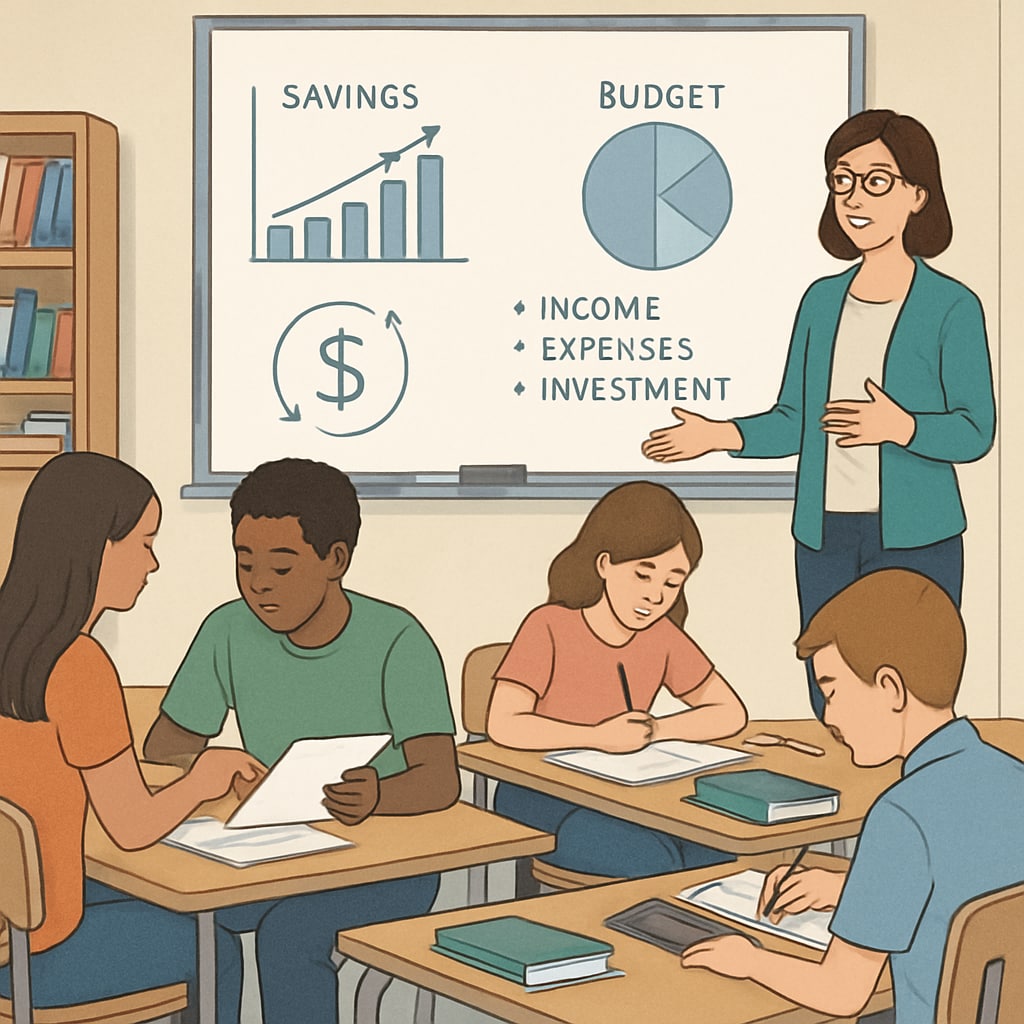The fields of business analysis and finance are rapidly growing, offering lucrative career opportunities and the promise of work-life balance. But how can students prepare for these paths early in life? By fostering analytical thinking and financial literacy during the K12 education stage, educators and parents can equip young learners with the tools they need to thrive in these professions. This article explores strategies to build foundational skills while highlighting the career prospects and lifestyle advantages of pursuing business analysis and finance.

Building Analytical Thinking in K12 Education
Analytical thinking is the cornerstone of business analysis. It involves evaluating data, identifying trends, and making evidence-based decisions. To cultivate this skill early, K12 educators can incorporate activities like problem-solving challenges, data interpretation exercises, and group debates into their curricula. For example, math classes can introduce concepts such as probability and statistics, while science projects can encourage hypothesis testing and critical evaluation of results.
- Introduce logic puzzles and case studies to develop reasoning skills.
- Encourage collaborative projects that require data-driven decision-making.
- Integrate technology tools like Excel or Tableau for hands-on experience with data analysis.
As a result, students gain not only analytical skills but also the confidence to handle complex problems—a key competency for business analysis professionals.

Enhancing Financial Literacy for Career Success
Financial literacy is equally critical for careers in finance. Starting early helps students understand concepts such as budgeting, investing, and risk management—skills that are invaluable both professionally and personally. Parents and teachers can employ practical methods to instill these abilities, including:
- Creating mock investment portfolios to teach the basics of stock markets.
- Organizing budgeting workshops to highlight income and expense management.
- Using online simulators for real-world exposure to financial decision-making.
These activities not only prepare students for finance-related careers but also empower them to make informed decisions about their own financial futures. For a deeper dive into financial literacy, resources like Investopedia’s Financial Literacy Guide can be invaluable.
Career Prospects and Work-Life Balance
Business analysis and finance careers are known for their high earning potential. According to the U.S. Bureau of Labor Statistics, analysts and financial professionals often enjoy median salaries significantly above the national average. Moreover, these roles typically offer flexible schedules and remote work options, contributing to a better work-life balance.
For example, business analysts often work on project-based assignments, allowing them to manage their workload effectively. Similarly, finance professionals can leverage tools and automation to streamline tasks, freeing up time for personal pursuits. To explore more about specific roles, visit the Bureau of Labor Statistics overview on business and financial careers.
Practical Steps for Parents and Educators
Parents and educators play a pivotal role in shaping students’ career trajectories. Here are actionable steps to support their journey:
- Encourage participation in extracurricular programs focused on entrepreneurship or economics.
- Provide access to books, courses, and online tools related to business and finance.
- Facilitate mentorship opportunities with professionals in these fields.
By taking these steps, parents and educators can set students on a path to fulfilling careers in business analysis and finance while ensuring they maintain a healthy work-life balance.
In conclusion, the K12 stage offers a unique opportunity to prepare students for the challenges and rewards of business analysis and finance careers. By fostering analytical thinking, financial literacy, and strategic career planning, we can nurture future leaders who are equipped to succeed both professionally and personally.


